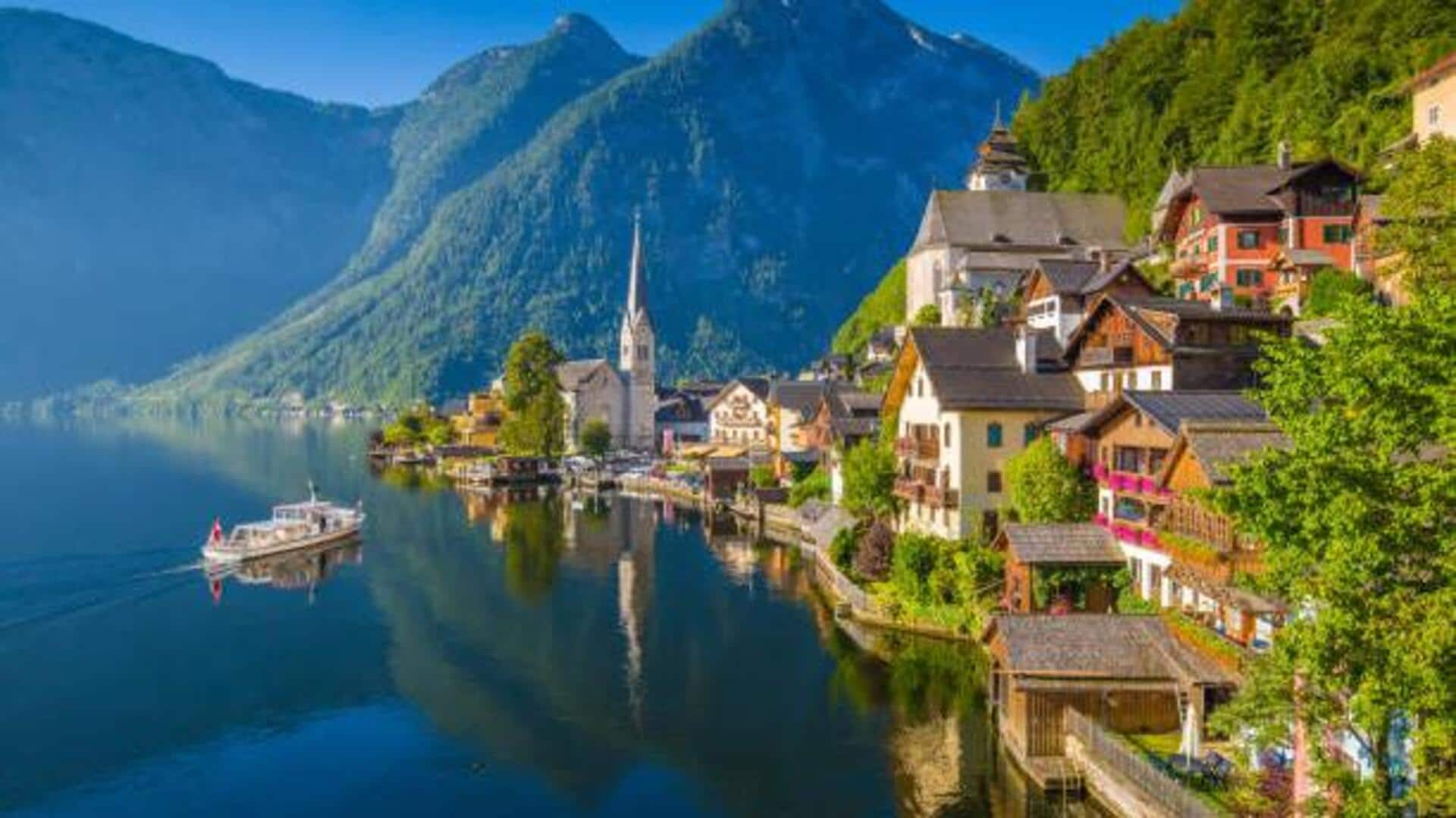
Lesser-known European towns worth exploring
What's the story
Europe has many small towns that tourists never pay attention to. These towns, with their sparsely populated areas, offer unique traditions, which have been retained over the years. Exploring these hidden gems gives a peek into the rich cultural tapestry of Europe. From ancient fests to unique crafts, these towns hold secrets which are waiting to be discovered by those who dare to venture.
Hallstatt
The charm of Hallstatt's silent nights
Nestled in Austria, Hallstatt is famous for its serene atmosphere and traditional customs. With a population of just under 800 residents, this town celebrates its heritage through events like the Silent Night Festival. The festival hosts local music and dance performances that reflect centuries-old traditions. Visitors can soak in the town's peaceful ambiance while learning about its historical significance.
Gimmelwald
Gimmelwald's alpine heritage
Located in Switzerland, Gimmelwald is a quaint village with less than 150 residents. This car-free village gives you stunning views of the Alps and preserves its alpine traditions with seasonal festivals and local crafts. You can check out traditional Swiss architecture and participate in activities such as hiking or cheese-making workshops with local artisans.
Civita di Bagnoregio
The unique crafts of Civita di Bagnoregio
Perched atop a hill in Italy, Civita di Bagnoregio has only around 10 permanent residents but draws tourists for its unique crafts and architecture. Aptly called "the dying town," it offers workshops where visitors can get a glimpse of traditional pottery techniques passed down from generations. The town's narrow streets give an intimate view of Italian craftsmanship amid stunning landscapes.
Durness
Preserving tradition in Durness
Located in Scotland's northernmost region, Durness is a secluded village of some 400 residents. It is dedicated to the preservation of Gaelic culture. This dedication can be seen in its music festivals, like the Ceilidh Weekends. They take place every year in the summer months. During this period, daylight lingers longer because of Durness's far north latitude position on Earth's surface.